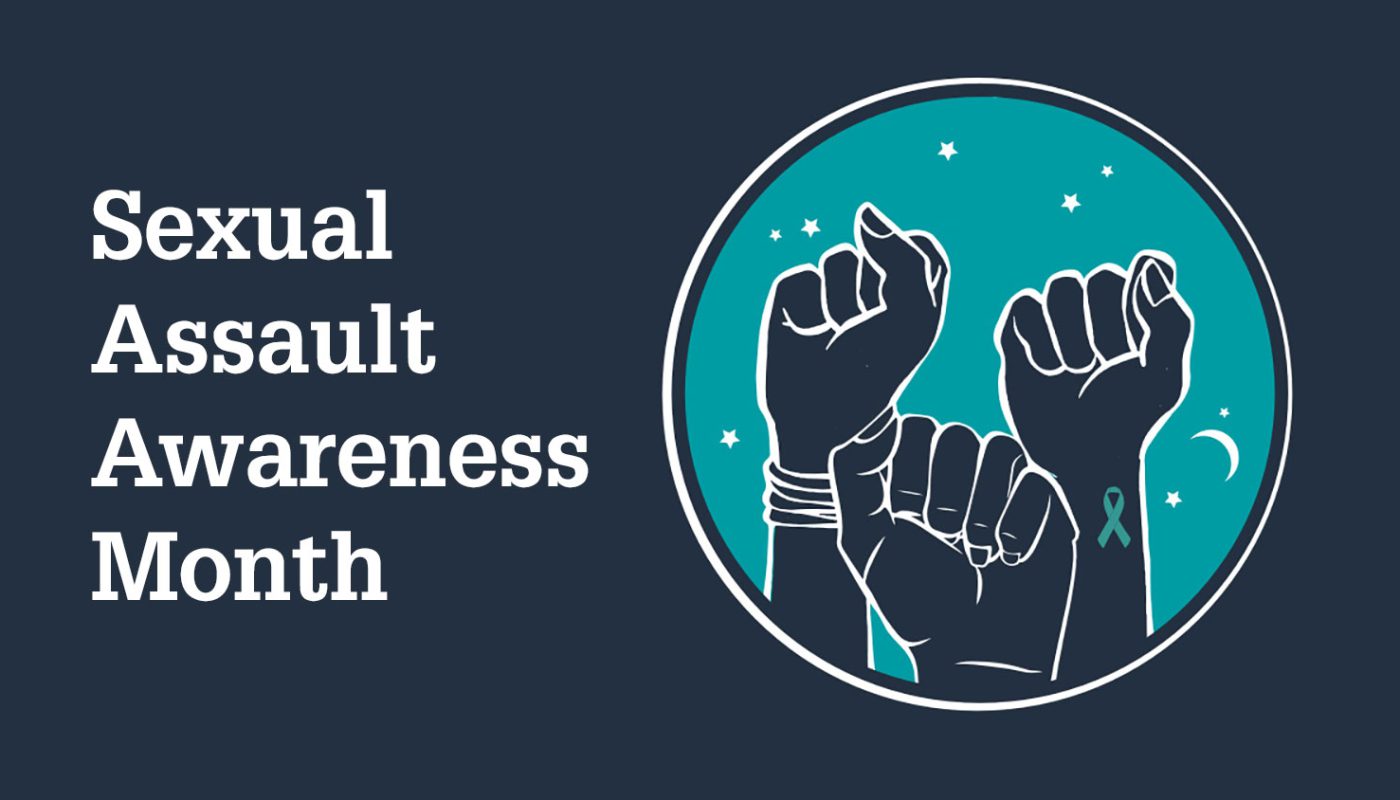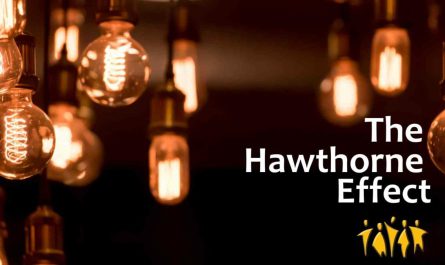Sexual Assault Awareness and Prevention Month
Sexual Assault Awareness and Prevention Month calls attention to the fact that sexual violence is widespread and brings advocates and communities together to help prevent these crimes. Sexual violence is sexual activity when consent is not obtained or freely given. It is a severe public health problem that profoundly impacts lifelong health, opportunity, and well-being. Sexual violence impacts every community and affects people of all genders, sexual orientations, and ages. Anyone can experience or perpetrate sexual violence.
The perpetrator of sexual violence is usually someone the victim knows, such as a friend, current or former intimate partner, coworker, neighbor, or family member. Sexual violence can occur in person, online, or through technology, such as posting or sharing sexual pictures of someone without their consent, or non-consensual sexting.
Sexual violence can affect many aspects of a survivor’s life, including safety and health, family and work situations, and finances. These challenges often lead to perplexing personal and legal questions. To receive essential assistance, victims often must navigate a maze of governmental and community agencies. Sexual assault is also a serious issue in juvenile detention centers. Studies show sexual victimization is less prevalent in facilities where there is enough staff to monitor what takes place in the facility and, consequently, there are fewer complaints against staff. Unfortunately, although the juvenile justice system is filled with youth who have endured this trauma, whether before or during their time in custody, victim services are rarely available.
Whether you are a parent, educator, administrator, coworker, or friend, you can make a difference in someone’s life by noticing the warning signs of sexual assault. Sexual assault can occur in many places, especially on college campuses and places frequented by students. Considering the fact that seven out of 10 cases of sexual assault involving the perpetrator being someone the victim knows, it’s not easy for victims to come forward. It can be hard for someone to open up about their experience, particularly if the perpetrator is part of a friend group, a classmate, a family member, or a familiar acquaintance. There are many reasons why a victim may choose not to report sexual assault to law enforcement or to tell anyone else. Such reasons include distrust of law enforcement, desire to protect the attacker, and concern about not being believed or being treated differently. If you notice these warning signs in someone, it’s worth reaching out to them.
Some of the signs of distress shown by sexual assault victims may include:
- Depression
- Changes in sleeping patterns
- Changes in eating habits
- Low self-esteem
- Increase in drug or alcohol use
- Sexually transmitted infections
- Avoiding specific places or situations
- Falling grades or withdrawing from classes
- Self-harming behaviors or suicidal tendencies
- Increased anxiety
What are the consequences?
Sexual violence consequences are physical, like bruising and genital injuries, sexually transmitted infections, and pregnancy (for women), and psychological, such as depression, anxiety, and suicidal thoughts. The consequences may be chronic. Survivors may suffer from a post-traumatic stress disorder and experience re-occurring reproductive, gastrointestinal, cardiovascular, and sexual health problems.
Sexual violence is also linked to negative health behaviors. Sexual violence survivors are more likely to smoke, abuse alcohol, use drugs, and engage in risky sexual activity.
The trauma from sexual violence may impact a survivor’s employment in terms of time off from work, diminished performance, job loss, or inability to work. These issues disrupt earning power and have a long-term effect on the economic well-being of survivors and their families. Coping and completing everyday tasks after victimization can be challenging. Survivors may have difficulty maintaining personal relationships, returning to work or school, and regaining a sense of normalcy.
When To Seek Help
After a sexual assault occurs, you may be unsure how to properly respond to or support victims. Victims may be physically hurt, emotionally drained, or unsure of what to do next. If you or someone you know are the victims of sexual assault, don’t be embarrassed to ask for or provide help and support. Calling someone trustworthy such as a good friend or family member may help victims realize they are not alone and that there are people that can give them the support they need. Seek medical attention as soon as possible, as proper medical care can address any injuries that may have been incurred and also protect victims against sexually transmitted diseases and pregnancy.
There’s no timetable when it comes to recovering from sexual assault. If you are helping a victim, it’s important to listen and communicate without judgment. If they seek medical attention or make plans to report the assault, offer to be there for them and provide a supportive presence. Encourage the victim to get support from resources such as hotlines and sexual violence awareness/prevention organizations.
Helplines in India for sexual abuse.
Mahila Bol Helpline – 0124 4007444
National Commission for Women 24×7 Helpline – 7827 170 170
Jeevan Aastha Helpline, Suicide Prevention, and Mental Health Counseling Helpline – 1800 233 3330
Hotlines are available in India for victims of sexual abuse, assault, and harassment. It’s free and confidential.



